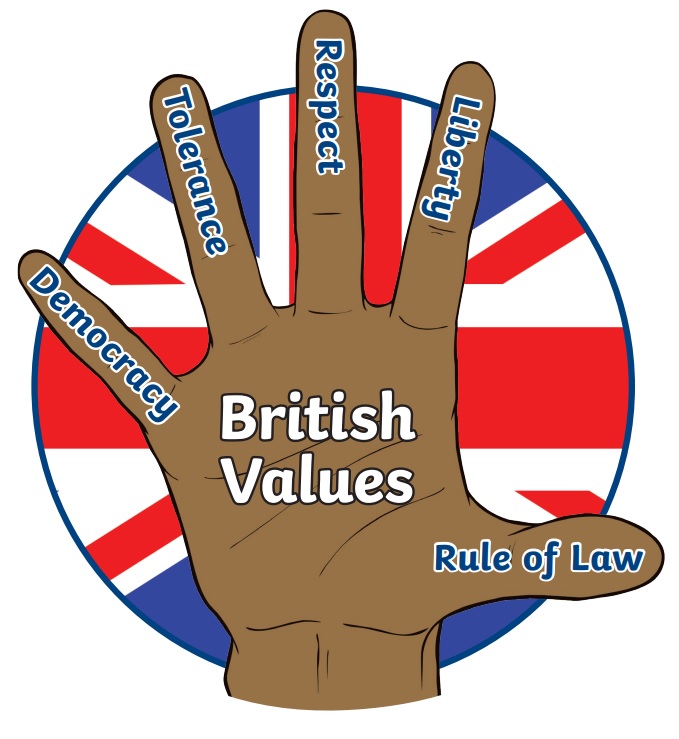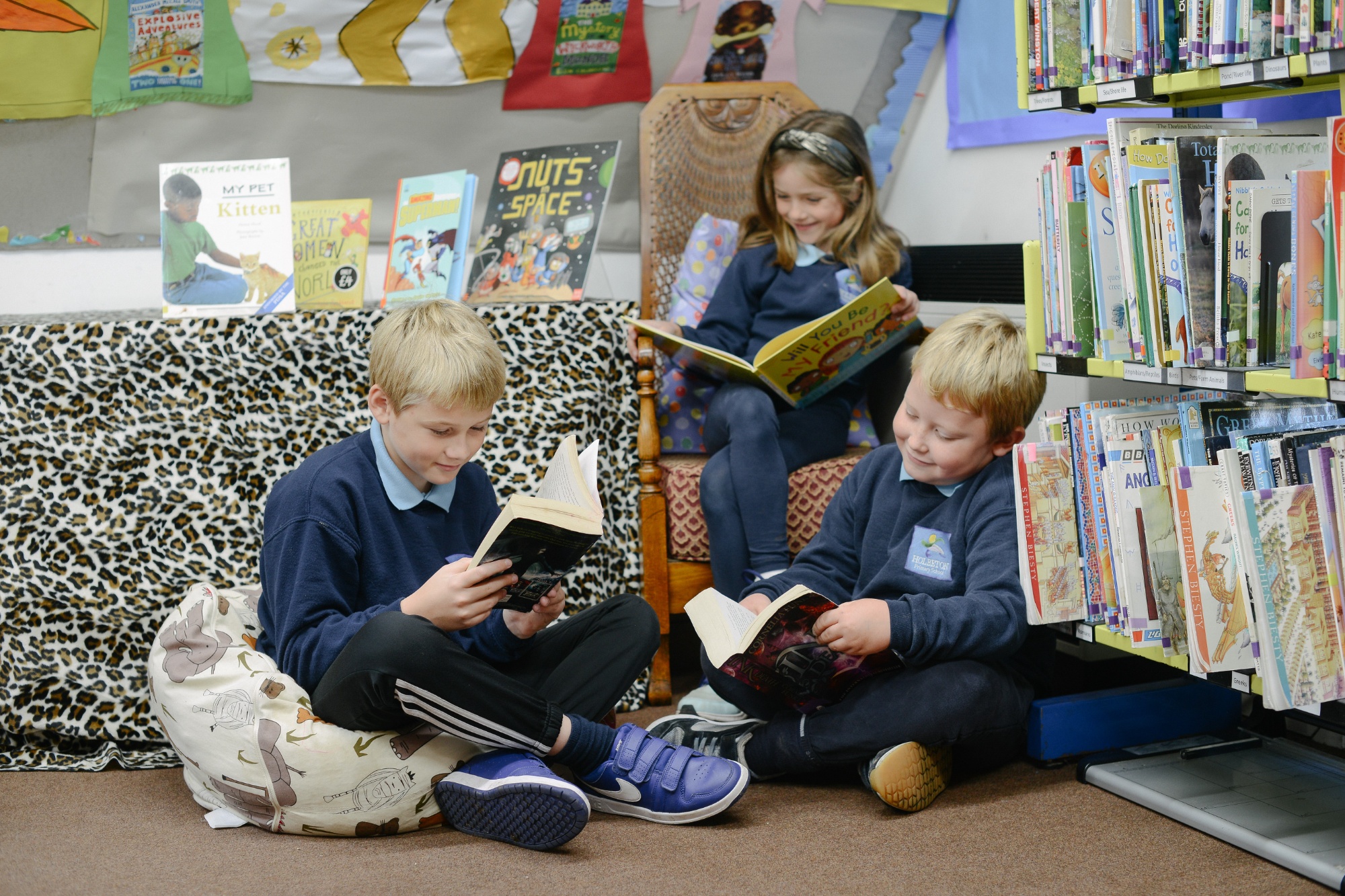British Values
In accordance with The Department for Education we aim to actively promote British values in schools to ensure young people leave school prepared for life in modern Britain. Pupils are encouraged to regard people of all faiths, races and cultures with respect and tolerance and understand that while different people may hold different views about what is ‘right’ and ‘wrong’, all people living in England are subject to its law.
We promote these values through our own school values, curriculum and enrichment activities.
These cover 5 key areas:

Democracy
- Children are involved in democratic processes– team captains; school Parliament representatives; class point treats; rewards and incentives.
- Pupil/parent questionnaires.
- School parliament involved in decision making and selection process for new staff.
- Pupil conferencing.
The rule of law
- Respect rules across the school which are integral to our learning and ethos every day.
- Behaviour policy-school expectations are regularly promoted.
Individual liberty
- Within school, pupils are actively encouraged, and given the freedom to make choices.
- Pupils are supported to develop their self-knowledge, self-esteem and self-confidence
- Pupils are encouraged to take responsibility for their behaviour and recognise the importance of making the right choices
- Pupils are encouraged to know, understand and exercise their rights and personal freedoms and are advised how to exercise these safely, for example through our e-safety teaching and PSHE lessons.
- Pupils have key roles and responsibilities in school e.g. Year 6 Team captains, Sport’s leaders, Peer mentors etc.
Mutual Respect
- Respect is one of the core values of our school. The pupils know and understand that it is expected that respect is shown to everyone.
- PSHE curriculum.
- RE curriculum.
- ELSA /Learning mentor promoting self esteem.
Tolerance of those of different faiths and beliefs
- Links and visits are promoted with local faith communities and places of worship. E.g. Members of different faiths or religions are invited to school to share their knowledge and enhance learning within assemblies and in class.
- Regular ‘Open the book’ assemblies from local church.
- Through the PSHE and RE curriculums, pupils are encouraged to discuss and respect differences between people, such as differences of faith, ethnicity, disability and differences of family situations.
- Cultural themed assemblies.
- Festival celebration assemblies.




